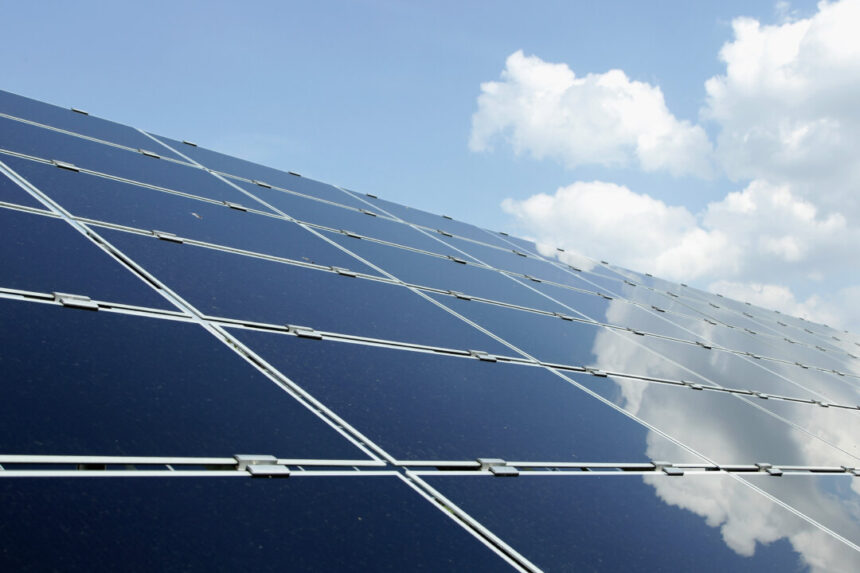Commentary
Unlike fossil fuels, solar and wind are classified as variable renewable energy (VRE), meaning they only generate electricity when the sun is shining or the wind is blowing. This variability can be both predictable and unpredictable, leading to challenges in maintaining a consistent energy supply.
Short-duration lithium-ion batteries are being added by electric utilities to address daily variations in solar and wind energy production. However, these batteries can only provide short-term solutions for VRE deficits. The longer duration deficits present a more significant challenge, especially during sustained periods of poor weather.
Currently, peaker plants are used to provide emergency power when demand spikes or supply is disrupted. As VRE becomes a larger part of the grid, the need for more reliable backup energy sources will become crucial.
While alternative technologies like hydrogen, hydropower, and compressed air exist, they have limitations in terms of efficiency, cost, and scalability. This leaves natural gas as a necessary insurance against VRE deficits in transitioning to a cleaner energy grid.
As the transition progresses, the role of natural gas will evolve from baseload power to backup insurance against supply disruptions. Eventually, the goal is to build a grid with zero emissions, where gas emissions are phased out entirely.
For now, gas remains a critical enabler of wind and solar energy in the United States, providing the reliability needed for the grid. While advancements in technology may lead to alternative energy sources in the future, gas will play a vital role in the clean energy transition.
If we are serious about achieving decarbonization, we must adopt a realistic approach for the near and medium term. This includes making a significant financial investment in the development of critical technologies that can provide affordable and reliable energy. We also need to recognize the evolving but still essential role of gas in a decarbonizing grid, as it will continue to be necessary for many years to come.
Views expressed in this article are opinions of the author and do not necessarily reflect the views of The Epoch Times.





